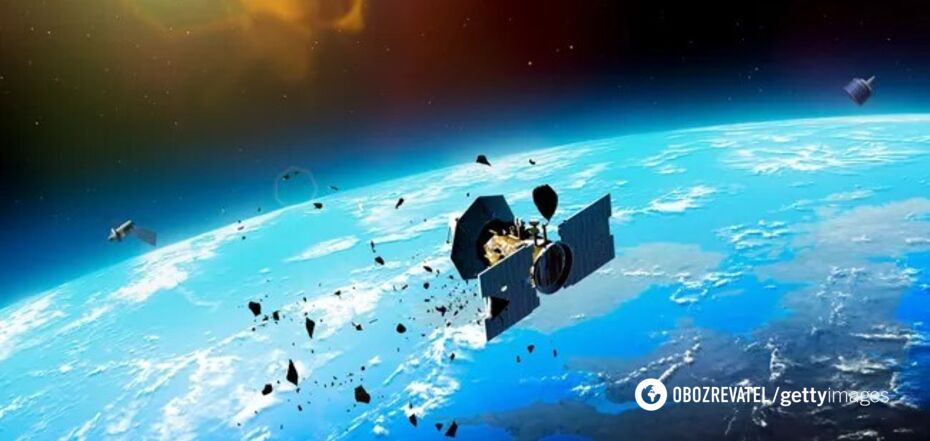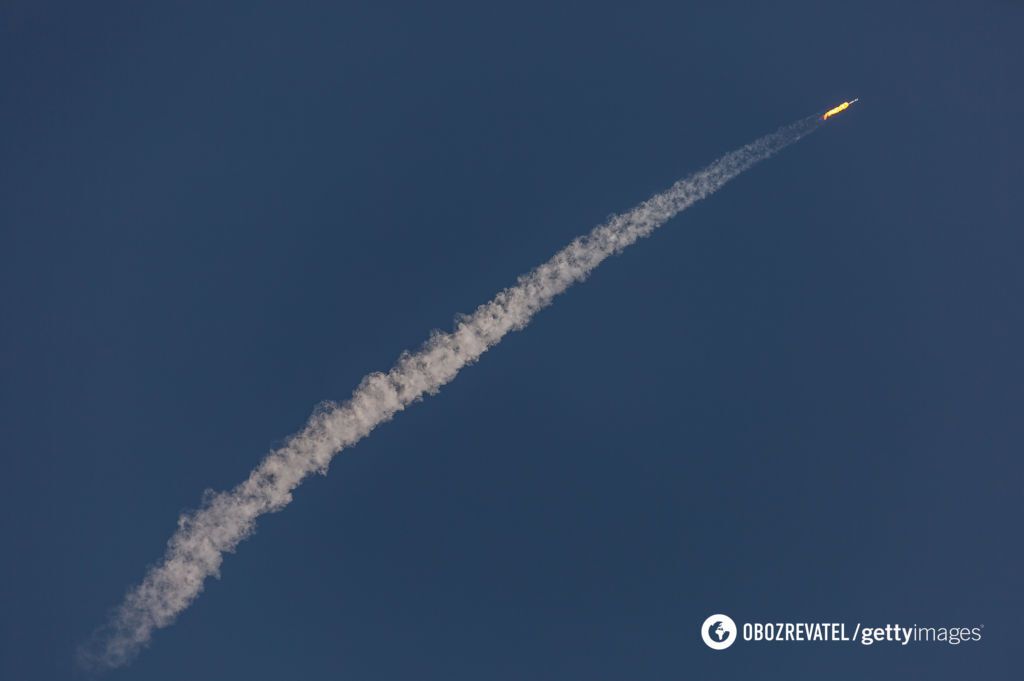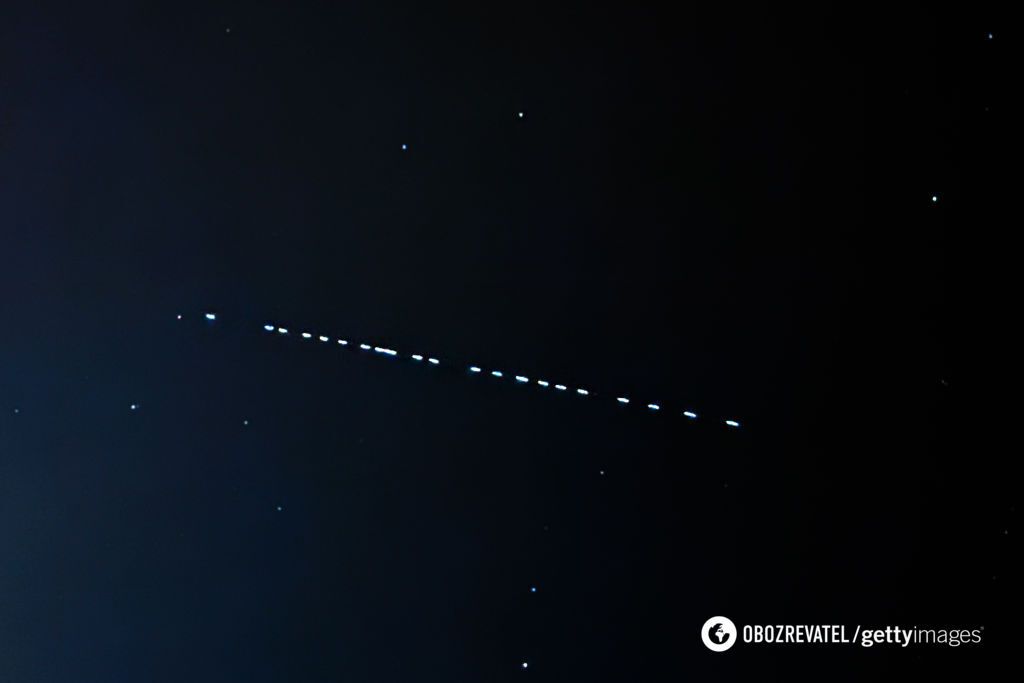News
Before it's too late: scientists raise the alarm over space debris around the Earth in UN appeal
Scientists have asked the UN to help solve the problem of space debris on Earth. With the rapid increase in the number of satellites, the amount of debris is growing sharply too.
Experts believe that lessons learned from marine debris management can help prevent "another planetary crisis before it is too late." An international group of researchers is calling on the UN to include the protection of the Earth's orbit in the organization's sustainable development goals, Space.com reports.
Scientists led by experts from NASA's Jet Propulsion Laboratory, the University of Plymouth in the UK, and the University of Texas at Austin believe that adding space to the UN's Agenda for Sustainable Development will strengthen the case for space, which has become a hot topic in recent years.
According to the scientists, the emergence of megaconstellations - fleets of hundreds or thousands of small vehicles that provide Internet connectivity - has led to a rapid increase in the number of satellites. 15 years ago, there were no more than a thousand satellites orbiting our planet, but since then, this number has increased more than tenfold and continues to grow every day.
Experts emphasize that when satellites reach the end of their missions, they turn into dangerous debris that can collide with other orbiting objects, creating masses of junk.
"Space is no longer a limitless frontier; it is a finite resource under increasing pressure from human activity," said Melissa Quinn, general manager of Slingshot Aerospace, which is part of this initiative.
It is known that for many years, space experts have been sounding the alarm about the growing amount of space debris flying around the Earth. According to the European Space Agency, there are currently about 40,500 fragments of space debris that are out of control.
Scientists say this debris is orbiting the planet at a speed of almost 8 kilometers per second, threatening to destroy everything in its path.
Some experts have already warned that a dangerous phenomenon known as "Kessler syndrome" - an unstoppable cascade of collisions in which each impact creates fragments that damage spacecraft - is already at work.
"The rapid rise in satellite deployments has led to an increasing risk of collisions and debris. With over 12,500 spacecraft now orbiting our planet, including more than 3,300 inactive satellites, we need urgent, coordinated global action to ensure space is safe, sustainable, and secure," said Melissa.
"A dedicated Sustainable Development Goal (SDG) would catalyze the global cooperation needed to meet this challenge head-on," the expert added.
In addition to the space debris problem, atmospheric researchers are also concerned about the potential impact of satellite re-entries on the Earth's atmosphere. Atmospheric combustion of satellites during their fall to Earth produces aluminum oxide, which can destroy atmospheric ozone and the ability to reflect sunlight, experts say.
Only verified information is available on our Telegram channel OBOZ.UA and Viber. Do not fall for fakes!





























